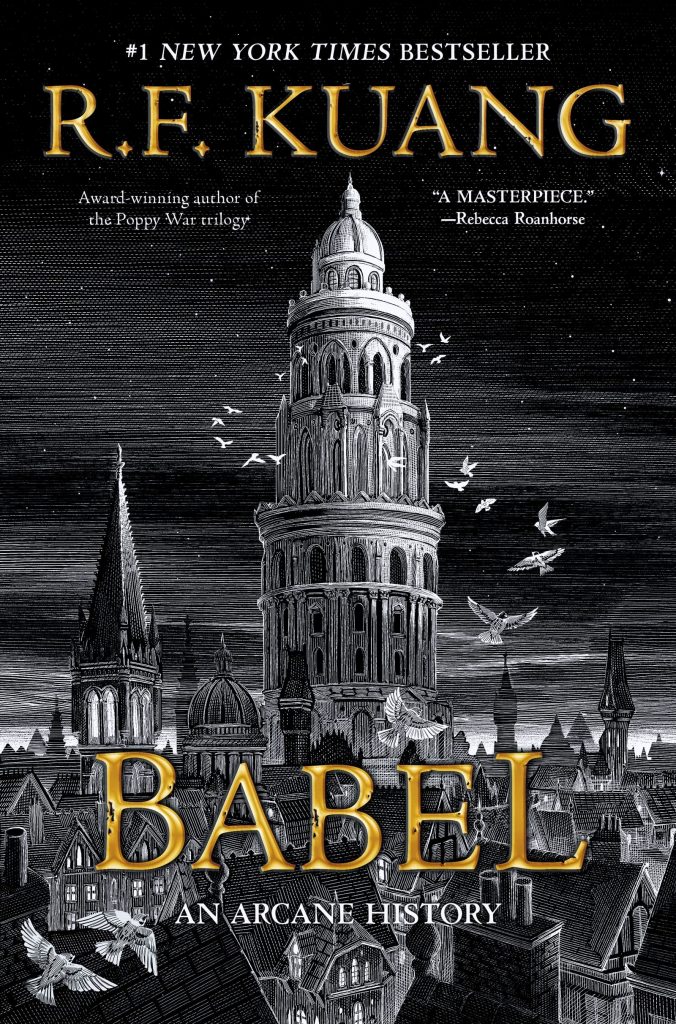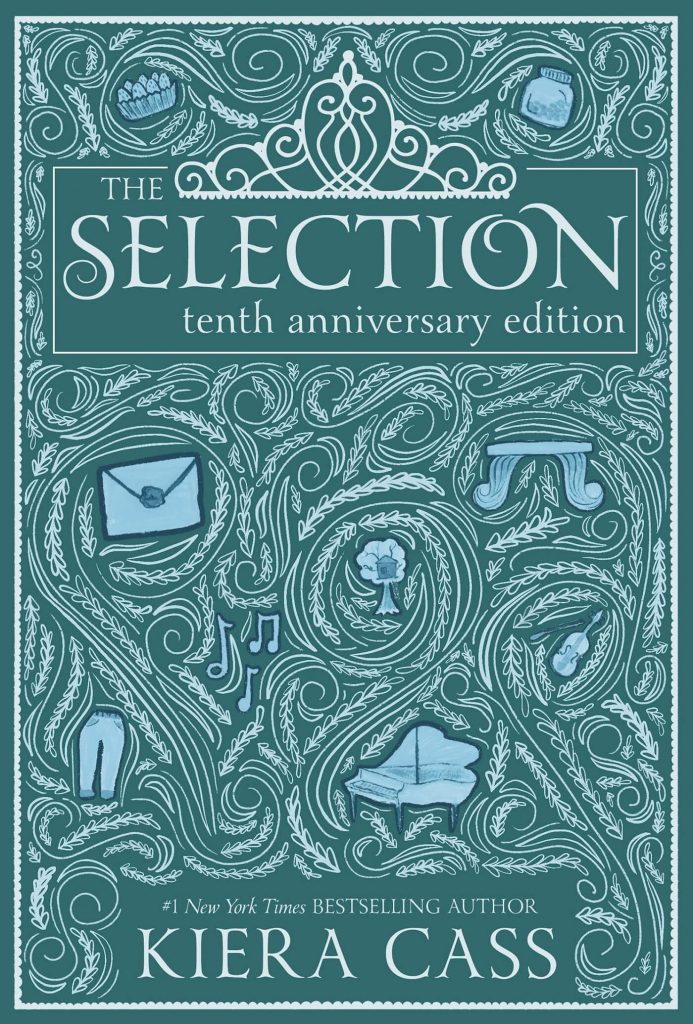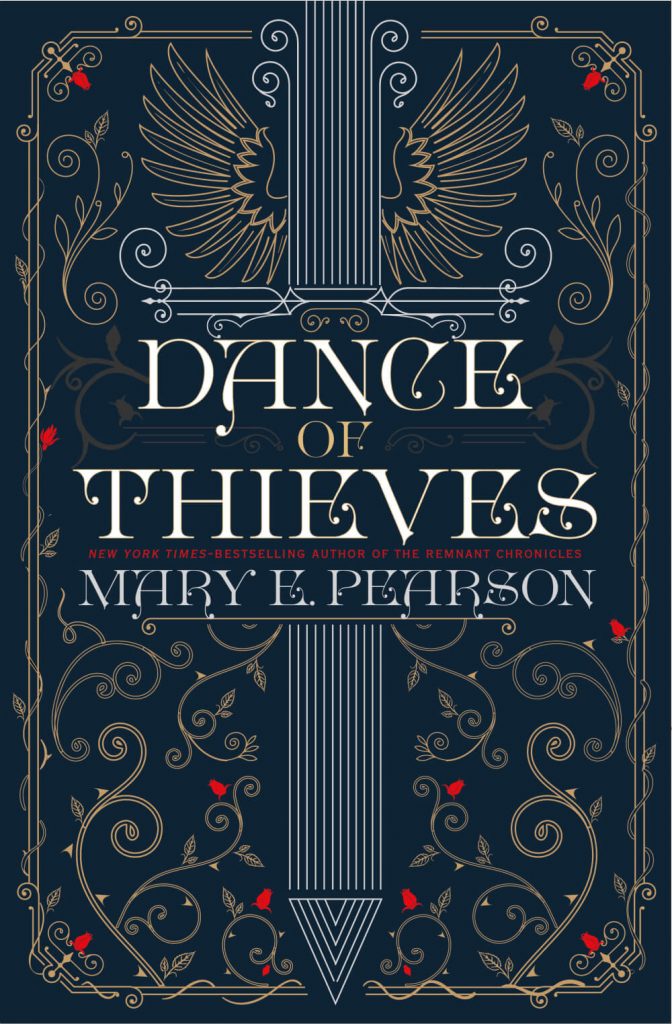Author: Dante Alighieri
Genre: Epic Poetry, Allegory, Classic Literature
Published: 14th Century
Rating: ★★★★ – 4/5
“At grief so deep the tongue must wag in vain; the language of our sense and memory lacks the vocabulary of such pain.”
– Inferno by Dante Alighieri
Inferno, the first installment of The Divine Comedy, follows Dante Alighieri on a guided tour through the nine circles of Hell. With the ancient Roman poet Virgil leading the way, Dante descends into a meticulously structured underworld, where sinners endure eternal punishments tailored to their crimes. Along the way, he encounters figures from mythology, history, and even his own time—some of whom he personally damns to suffering, making this not just a theological exploration, but also an elaborate revenge plan.
Dante’s Hell is as much a moral commentary as it is an imaginative masterpiece. Each circle is a grotesque reflection of the sins committed by its inhabitants, and the poem itself is packed with religious symbolism, political grievances, and literary allusions. However, while the theological and philosophical layers are fascinating, the journey is also sprinkled with some unintentionally comedic moments—chief among them, Dante’s inability to emotionally cope with almost anything, leading him to faint an impressive number of times.
– Dante Alighieri –
Dante, both the narrator and protagonist, has a flair for the dramatic. Every few pages, he is either weeping, trembling, or outright collapsing in horror. It’s fair—Hell is a terrifying place—but his constant emotional breakdowns make Virgil’s patience all the more admirable. Still, Dante’s perspective is what gives Inferno its heart. He doesn’t merely observe the torments of the damned; he reacts with horror, pity, or, in some cases, satisfaction. His poetic storytelling and reflections give the journey a depth, making Inferno more than just a guided tour of suffering.
– Virgil –
Virgil, Dante’s esteemed Roman guide, is the definition of calm under pressure. While Dante is overwhelmed at nearly every turn, Virgil remains composed, ready to provide explanations or chastise Dante for his unnecessary outbursts. Though he himself is a resident of Limbo (the first circle of Hell), Virgil is wise, eloquent, and deeply respected—even the demons fear him. He serves as both a mentor and a father figure, leading Dante through the horrors of Hell.
– My Honest Review –
While I am far from an expert in poetry—especially poetry that requires stopping every few lines to research a name—Inferno was an incredibly rewarding read. The level of detail in Dante’s depiction of Hell is remarkable, from the grotesque punishments to the elaborate hierarchy of sins. The journey is immersive, thought-provoking, and filled with some truly chilling imagery.
That being said, there are a few challenges. The writing, even in translation, often feels dense, and fully appreciating it requires at least a basic understanding of medieval theology, classical mythology, and Italian politics (all of which, I didn’t know prior to reading the book). There’s also the fact that Dante doesn’t just document the suffering of sinners—he actively names and shames them. The sheer amount of political pettiness is both impressive and hilarious. Some figures have been doomed to Hell not because of any grand theological reasoning, but simply because Dante didn’t like them. If poetry could be a form of vengeance, Inferno would be the ultimate example.
One of my favorite aspects of the book was its ability to blend horror with poetic beauty. The punishments, though gruesome, are deeply symbolic and fit within Dante’s moral framework. The frozen wasteland of the Ninth Circle, where traitors are trapped in ice, is particularly haunting. It’s a stark contrast to the fiery Hell most people imagine and serves as a chilling (literally) finale to Dante’s underworld journey.
The only thing that wore on me after a while was Dante’s tendency to faint at every major revelation. I get it, Hell is horrifying, but if Virgil can power through, so can you, Dante. His constant emotional distress sometimes slowed the pacing, though it also made him feel more human in contrast to his wise guide.
Overall, despite the occasional slog of historical references and Dante’s dramatic reactions, I genuinely enjoyed Inferno. It’s an ambitious, imaginative, and deeply symbolic work that sets the stage for the rest of The Divine Comedy.
Happy Reading!



